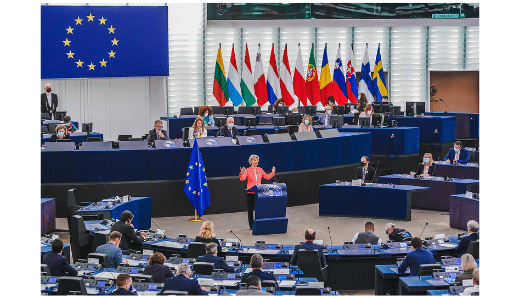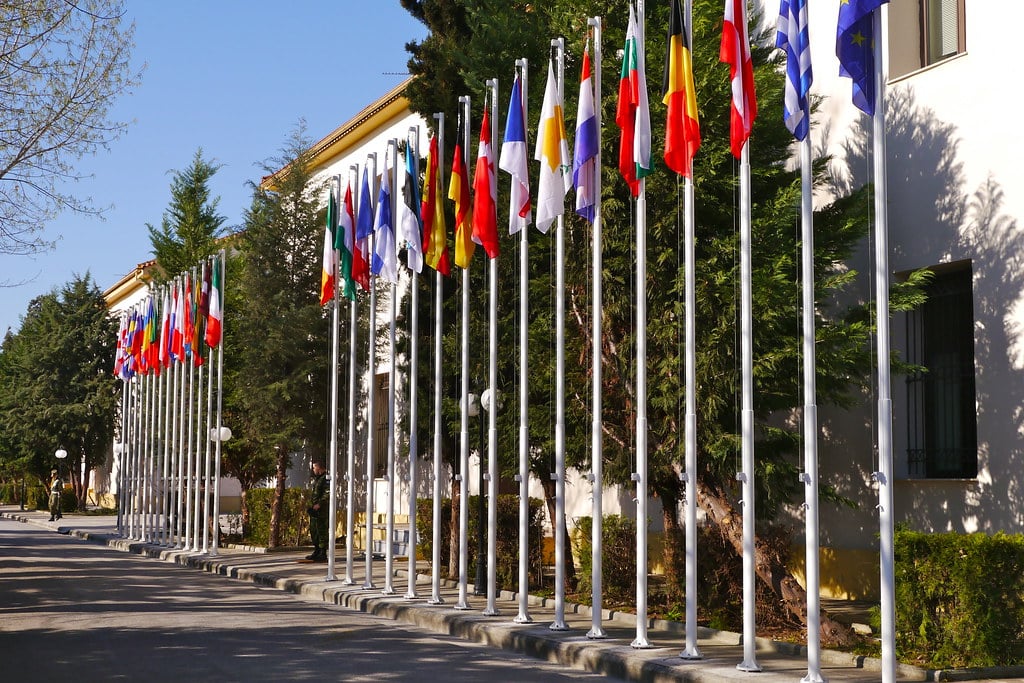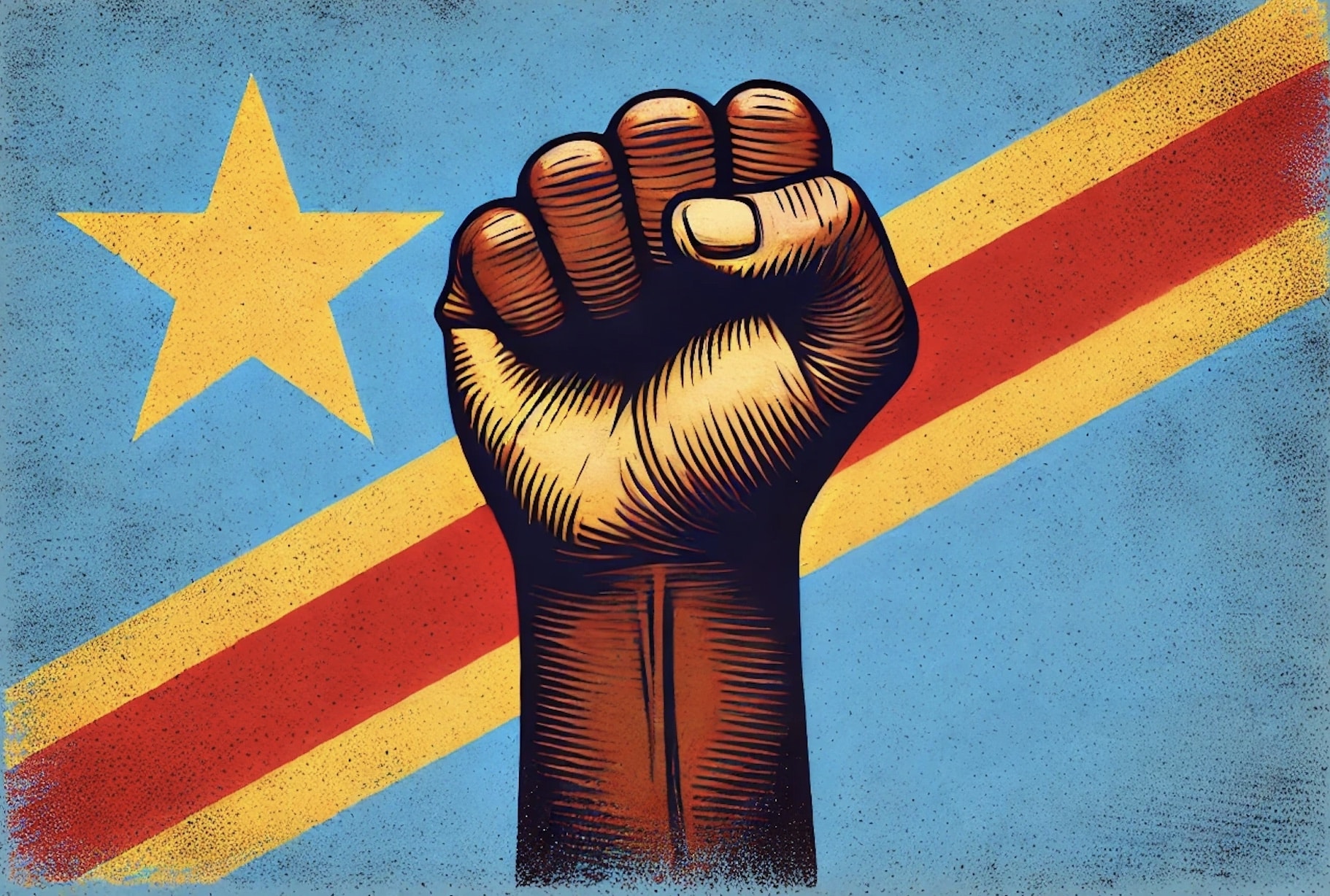Photo: The EU Parliament in 2021 (source: Flickr)
It has been almost 20 years since the EU met in Thessaloniki, Greece, in June 2003 to discuss the integration of the Western Balkans. This included a promise that Albania, Bosnia & Herzegovina, northern Macedonia, Serbia, Montenegro and Croatia would have a clear perspective towards EU membership. After two decades, only Croatia joined in 2013 - the other countries are still in the waiting room, leading to great frustration.
However, the cards seem reshuffled after the brutal Russian invasion of Ukraine. The integration of the Western Balkans - like the upcoming candidate membership of Ukraine and Moldova - is high on the agenda. And that is just as well, now that the complete stagnation of the EU process is a major threat to democratic progress in the region. A much-anticipated EU-Balkan summit last week, on 23 June, has yet to produce many results.
Democratic stagnation
For years, democratic progress in the Western Balkans has been at a standstill. Serbia has even regressed - in 2019, it was downgraded from a 'free' political system to 'partly free' by the authoritative Freedom House. The concrete criteria of EU accessions policy have long been a handhold for the region to start democratic progress. With the EU having given no impression of wanting to accelerate the accessions process in recent decades, there seems little reason for Balkan politicians to undertake laborious, sometimes unpopular, political reforms. Populist, autocratic powers both at home and abroad know how to take advantage of this and only push countries like Serbia further from the European path.
The EU
Integrating the Balkan countries into the EU has never been a priority in Brussels during the various financial, migration, and coronavirus crises of the past decade. The EU's many internal problems often took precedence over a unified foreign policy. Expanding the bloc was therefore also long seen as an unwise idea by reluctant member states such as the Netherlands, France and Denmark, as it was also difficult to sell domestically because of concerns about migration and undermining the rule of law. During these various crises, the status quo around EU accession was considered good enough, as the situation in the region did not pose a major threat to stability in Europe. However, these priorities now seem to be changing.
A new reality?
Russia's brutal aggression in Ukraine seems to have been a wake-up call for the EU. Its role as a major geopolitical power block is being reviewed - both as a community of values and militarily strategic. Ukraine and Moldova's candidate membership would have been unthinkable until before 24 February, but has quickly become a reality.
For the Western Balkans, things are even more uncertain. An EU-Balkan summit in Brussels on 23 June produced moderate results, although Bulgaria suddenly lifted its veto on the EU accession of northern Macedonia and Albania. The Bulgarian government wants to see concessions from northern Macedonia on several cultural and historical issues - a French plan to achieve this is now being studied by the various parties. Serbia still seems far away from EU accession, as autocratic President Vučić has delayed or even reversed needed democratic reforms. This also briefly seemed to be the case in Montenegro -the pro-Serbian government of Krivokapić, however, fell in the spring. A transitional government under the pro-European Abazović now attempts to put the country back on the European track towards early elections in 2023.
Kosovo and Bosnia & Herzegovina are also in a precarious position. The countries do not have visa-free access to the EU and would also like to become candidates. The EU agrees that these countries should embark on initial democratic reforms. However, the lack of perspective in the process from candidate to member state makes it very unattractive for political leaders to embark on the necessary judicial and constitutional reforms in the precarious Bosnian and Kosovo context.
Perspective more than necessary
Countries like Montenegro, Albania and northern Macedonia have shown that they can fulfil the EU criteria. The ball is now back in Brussels' court. Several leaders like French President Macron have hinted that they would like to bring the various candidates into a kind of 'community of values'. This is insufficient for the Western Balkans as some countries have been in the process of joining since 2004.
To take the next step in democratic change in the region, a genuine EU perspective is more than necessary. Negotiations with advanced countries must now be taken forward towards actual EU accession. In today's geopolitically uncertain times, speed is of the essence. This also offers opportunities - European enlargement is finally firmly back on the agenda. Support for enlargement is growing in several capitals and concrete steps are therefore crucial.
Sources: Balkan Insight Politico Carnegie Europe Clingendael





